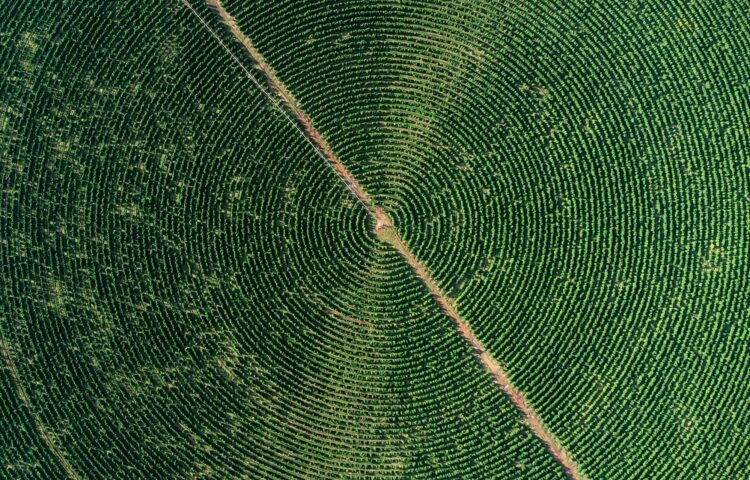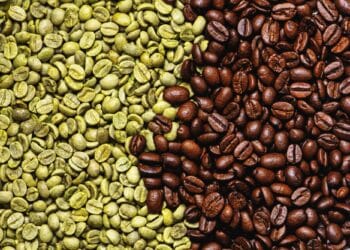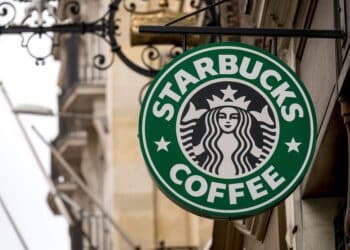Almost 200 new Brazilian coffee companies have been approved to export their products to the Chinese market according to a social media post by the Chinese Embassy in Brazil, as the threat of 50 per cent tariffs on Brazilian goods by the United States (US) becomes reality.
The tariffs imposed on the world’s largest coffee producer by the US will come into effect on 6 August, and is the highest rate placed on any country by President Donald Trump.
Coffee is not part of the list of products exempted from the tariffs, which include iron and steel products, passenger vehicles, and components used in civil aircraft, which are covered by other specific tariff policies.
The 183 new Brazilian coffee companies now approved to export products to China took effect on 30 July.
The Council of Coffee Exporters Brazil (Cecafe) reports Brazil exported more than 440,000 60-kilogram bags of coffee into the US in June, and close to 56,000 to China.
In the 12 months ending in June 2025, Brazil’s coffee export trade to the US was valued at about US$4.4 billion.
According to the social media post made by the Chinese Embassy in Brazil, the approved certification of the 183 Brazilian coffee companies is valid for five years.
President Trump declared a national emergency in Brazil to establish the additional 40 per cent tariff, but Democrat Representative Gregory W. Meeks has slammed the incoming tariffs, saying they could have the opposite of the intended effect on US jobs.
“Donald Trump’s decision to impost 50 per cent tariffs on Brazil isn’t in the interest of American families, who will bear the brunt of of these taxes,” says Meeks.
“These tariffs could cause tens of thousands of Americans to lose their jobs while exponentially increasing the cost of essential goods from Brazil, like coffee.”
China’s decision to open its market to more Brazilian coffee companies has come weeks after it announced it would be slashing tariffs on a host of African coffee producing countries as part of the expanding China-Africa declaration.





